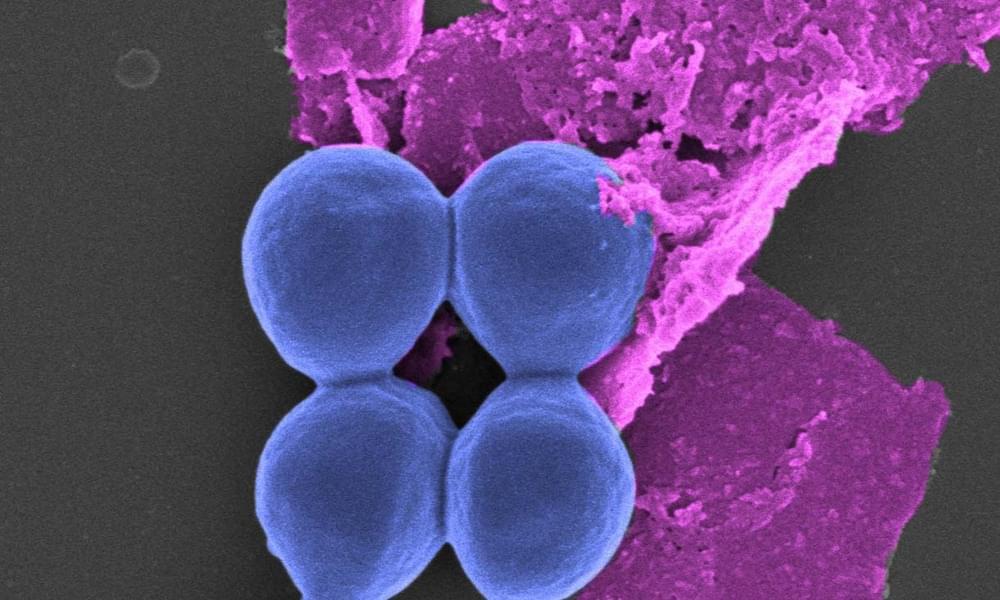The innovation – which has undergone advanced pre-clinical trials – is effective against a broad range of drug-resistant bacterial cells, including ‘golden staph’, which are commonly referred to as superbugs.
Antibiotic resistance is a major global health threat, causing about 700,000 deaths annually, a figure which could rise to 10 million deaths a year by 2050 without the development of new antibacterial therapies.
The new study led by RMIT University and the University of South Australia (UniSA) tested black phosphorus-based nanotechnology as an advanced infection treatment and wound healing therapeutic.
Results published in Advanced Therapeutics show it effectively treated infections,… More.
Researchers have invented a nano-thin superbug-slaying material that could be integrated into wound dressings to prevent or heal bacterial infections.









Comments are closed.